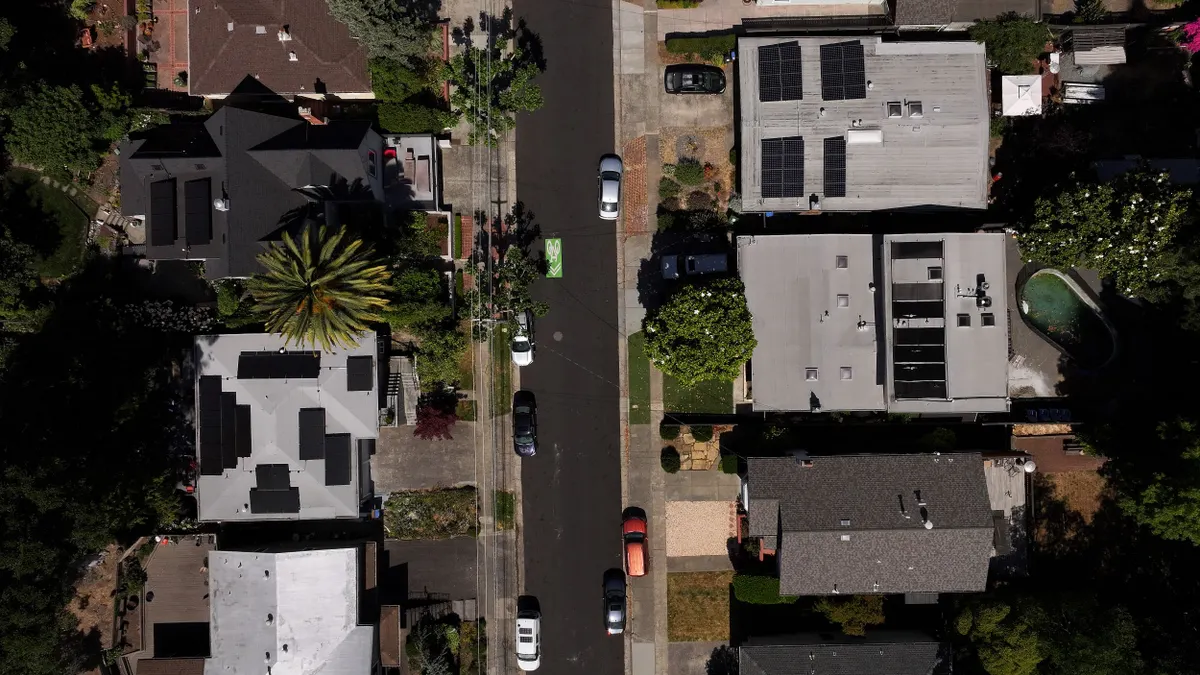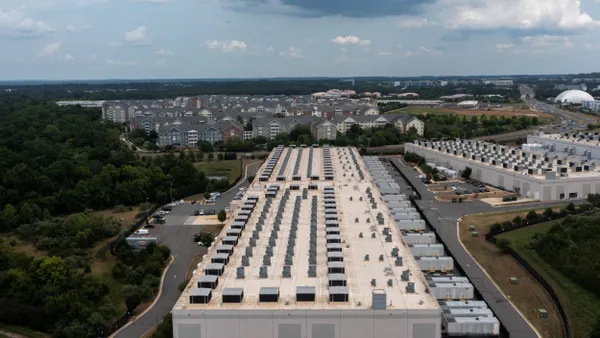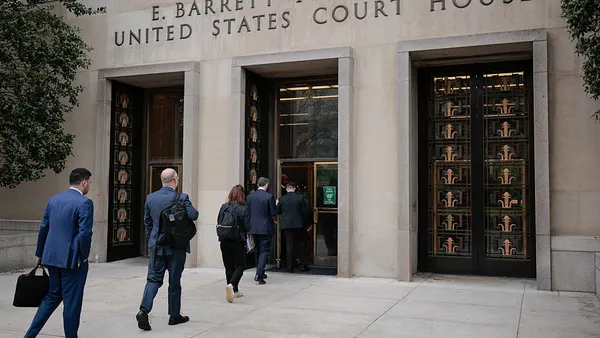Dive Brief:
- The Kansas Corporation Commission has launched an investigation into the costs and benefits of distributed generation, though the largest utility in the state had sought to limit the scope.
- Westar Energy asked regulators to limit the investigation to the costs related to distributed generation customers, according to EQ Research research; instead, the commission is moving ahead with an analysis of all aspects of serving solar and other similarly-situated ratepayers.
- Currently Great Plains, the parent company of Kansas City Power & Light, is trying to acquire Westar Energy for 12.2 billion, including $8.6 in debt and equity.
Dive Insight:
Kansas' decision to go with a broad scope for its distributed generation rate investigation mirrors Arizona's similar move last year—where Arizona Public Service sought to limit discussions to costs, rather than include benefits. That push failed, as did Westar's in Kansas.
More regulators are eyeing cost-benefit analysis of distributed generation as a way to come up with a rate design satisfactory to both sides instead of net metering policies. Currently in Arizona, utilities are pushing residential demand charges as one way to recoup loss revenue and fixed costs, but solar advocates prefer time-of-use rates as a more refine way to price energy usage. Now it appears Kansas is tackling those same issues.
Earlier this year, Westar filed comments telling regulators that "under current rate designs, the substitution of DG for utility generation creates a potential revenue shortfall that gives rise to the need for special rate designs to address DG customers."
But regulators balked at limiting the scope, saying they recognized "that quantifiable benefits of DG may decrease the utility's cost of providing service to DG customers."
The docket was launched as an offshoot of Westar's most recent general rate proceeding to address rate design issues related to distributed generation, regulators explained. The commission said it wants a "thorough and thoughtful discussion of the appropriate rate structure for DG including the quantifiable costs and quantifiable benefits of DG."
Regulators did let Westar know they heard the utility's concerns, however. KCC said in the order launching its investigation that the commission "shares Westar' s concern regarding how benefits are to be quantified and allocated and will permit parties an opportunity to provide evidence showing that costs and benefits can be quantified and allocated in a manner which will result in just and reasonable rates for DG customers."













